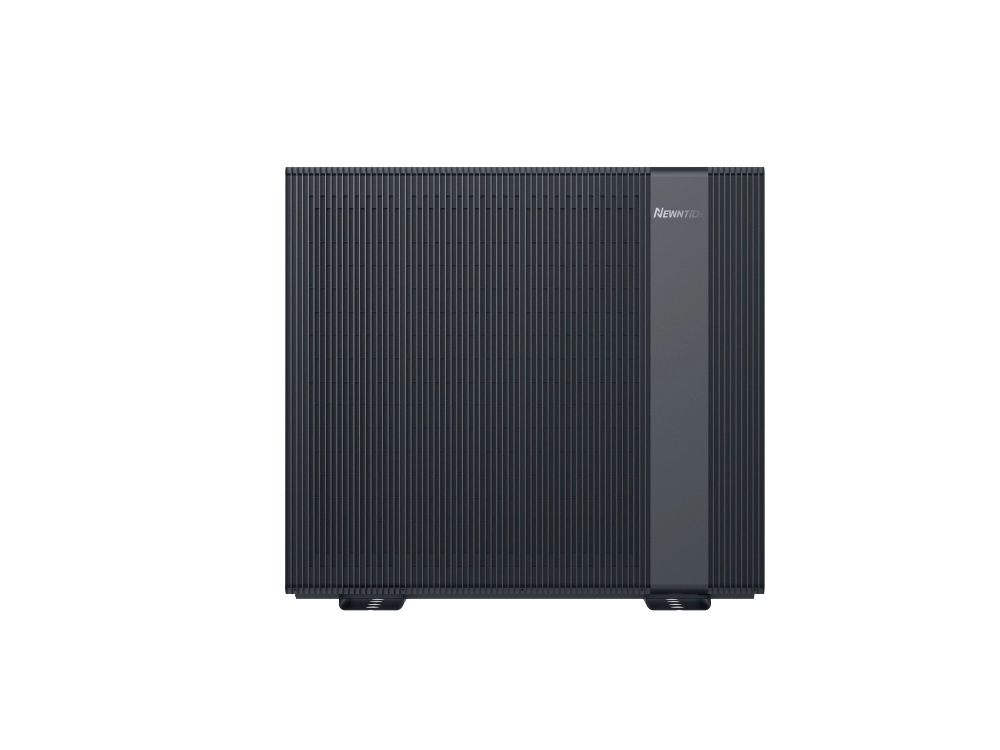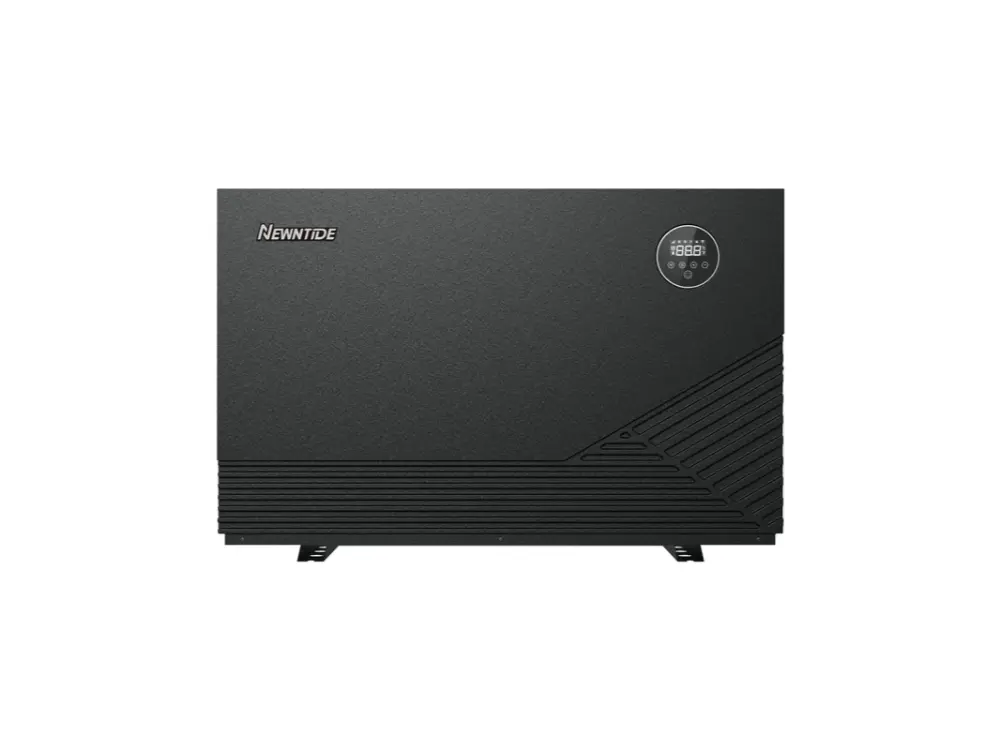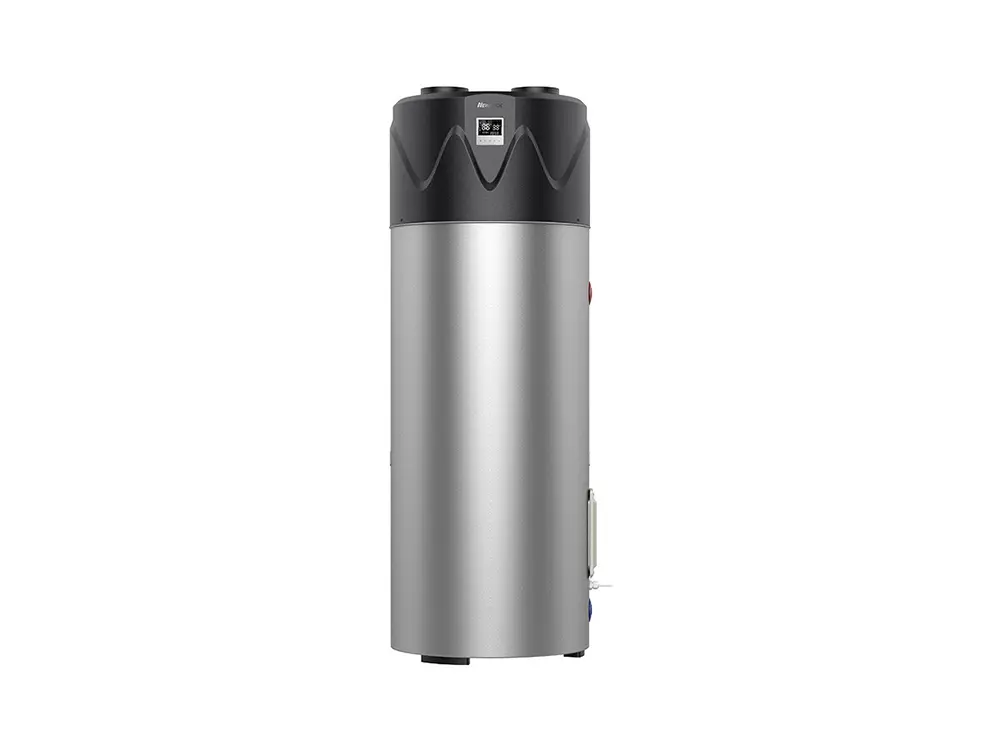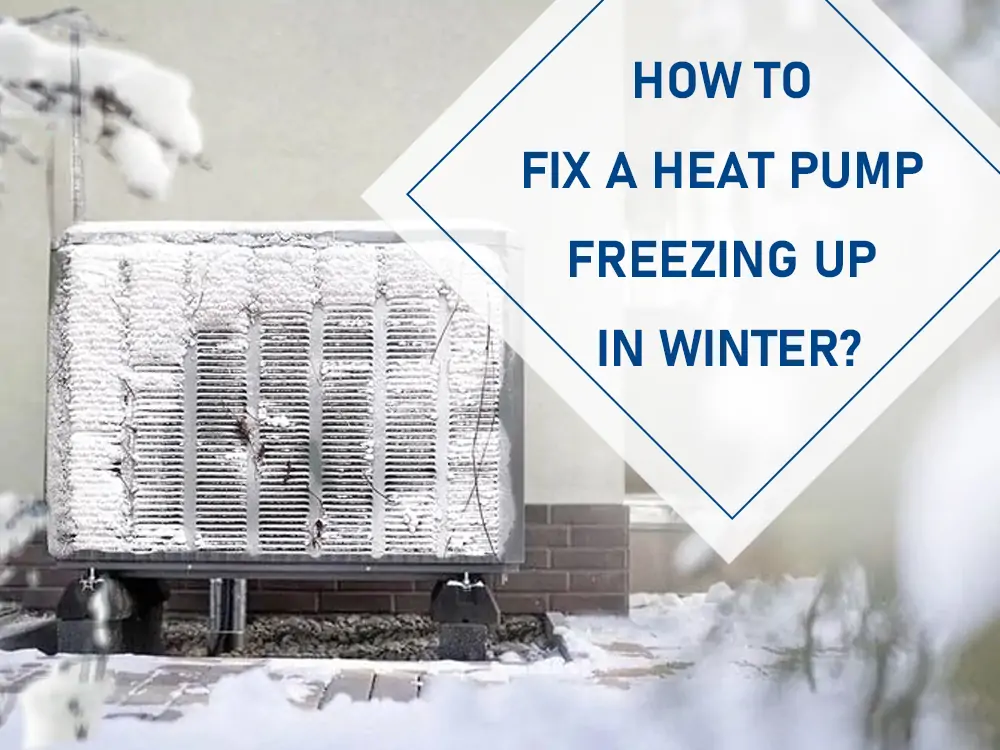Introduction
Heat pumps (including their air-source varieties) are famed for being efficient and year-round performers. They efficaciously provide hot water, heating, and cooling to your residence.
Sometimes, during winter, these versatile devices turn up a coating of ice. Thus, you may inquire as to why is my heat pump frozen?
Here, we’ll examine this freezing occurrence and elucidate its common causes. We’ll also elaborate on how to solve this and what anti-freeze measures to take for your unit.
Finally, we’ll also answer some often-asked inquiries about this freezing phenomenon in such devices.
Common reasons why heat pumps freeze in winter
Like many, are you also experiencing your device freezing up in winter? In essence, there can be not only one but multifold reasons for this common issue. The following are noteworthy ones:
1. Defrost cycle failure
Defrost cycle failure is the first reason a heat pump is freezing up.
Before elaborating on the reason, let’s examine what a defrost cycle means. Many heat pumps come with a built-in anti-freezing function. It’s commonly called the defrost cycle.
It’s a typical part of how the appliance operates in colder weather. It allows a unit to operate normally and the outdoor coil to persist free of frost. If frost builds up, that can diminish the heat pump’s performance, leading to damage. In a defrost cycle, inside heat is employed to defrost the coil.
Thus, the defrost cycle may fail to activate correctly. In that case, ice can build up and eventually freeze the heat pump unit. It’s also probable that the cycle isn’t enough to avoid a frozen heat pump in winter.
Yet another possibility is the defrost control board’s malfunctioning in the HVAC system. Thus, the defrost cycle is compromised.
2. Water dripping
Water dripping can also be attributed to your device freezing up.
You see that these devices drain water usually. The problem turns out when the condensate water doesn’t drain away appropriately. That allows water to collect and freeze on the evaporator coils.
As a result, the appliance can’t operate fittingly in cold weather. The problem could arise due to:
- Obstructed drain line
- Impaired drain pan
- Broken condensate pump
3. Obstructed airflow
Another noteworthy reason for ice on heat pumps in winter is obstructed airflow.
As you know, airflow is a principal part of heat pump operation. It transports the hot air inside your household. It also transports air from inside your household to the external environment.
If this airflow is obstructed, air cannot proceed adequately along the evaporator coils. As a result, the coils cool down to an unfitting temperature, which results in the freezing of such appliances in winter.
For instance, trees, leaves, or other debris could surround the appliance. An obstructed air filter on the HVAC system could also cause this.
4. Extreme weather
Extreme weather conditions like snow and freezing rain can cause a heat pump to freeze up. If the unit is covered by snow, the problems inside the system may worsen.
Hence, the device’s defrost cycle may fail while the unit struggles to melt the ice. For this, installing the HVAC system above the snowline is indispensable.
5. Lack of maintenance
Lack of maintenance of the heat pump unit can further cause its freezing in winter. Such HVAC systems necessitate maintenance at least once annually by a heat pump professional. Doing this ensures that the HVAC system upholds its efficiency throughout its lifespan.
Lack of proper maintenance can also severely affect its usual lifespan of around 15-20 years.
6. Low refrigerant
Lastly, lower refrigerant levels (or leakage) can further cause the problem. Your heat pump may not have adequate refrigerant, so it can’t draw in as much heat as necessary.
In this situation, the coil can freeze during very cold weather exposure.
How to fix the problem of heat pump freezing in winter
Considering the above reasons, the following steps can solve the heat pump frozen in winter:
1. Attempt to defrost a frozen heat pump
Check and attempt to run the defrost cycle. Yet it’s reliant on the heat pump model, the manufacturer, and the heating demand.
The procedure is fully automated for many models. Yet, you must run the fan for some models to melt the ice. Or you need to pick an exhaust setting for the fan.
Give the appliance’s automatic defrost system some time (ideally 3 to 4 hours). The motive is to melt the ice. Otherwise, you may have to start up the defrost cycle manually.
The defrost cycle may still not run. Or you don’t know how to run it manually. Then, your prime choice is to call your heat pump manufacturer. The aim is to get a qualified professional to solve the issue.
2. Clear blockages in the drains
Regularly check for obstructions in the drains inside the appliance. Also, many manufacturers install a trace heater at the HVAC system’s base to avoid freezing.
3. Check and ensure proper air circulation
Evaluate and ensure that there’s no restricted airflow in your unit.
For instance, you can see that the air filters are obstructed or dirty. It can vastly affect the airflow. Thus, clean or change the air filter when incumbent.
Also, ensure the air vents are clear. Ensure not to put furniture or objects too close to the device’s air vents.
Check for obstructions like snow and ice in the system’s outdoor unit. Gently clear it to uphold a clean space.
4. Schedule routine maintenance
Ensure your air-source heat pump is serviced and maintained rightfully by a professional. It will help spot and resolve any potential problems before winter begins.
While doing maintenance, the HVAC expert can perform processes like:
- Clean the outer evaporator coils.
- Lubricate the fan motors.
- Change the air filters.
5. Top up the refrigerant
Lastly, another fix for the issue is to top up the refrigerant. To do this, first, find and resolve any prevailing leaks. Then, refill the refrigerant to the requisite levels.
Note that a licensed HVAC professional must do this entire procedure. As a user of such an appliance, adding it yourself is very dangerous. It can further lead to environmental hazards and may not give fitting results.
Winter anti-freeze measures for air-source heat pumps
After all, no one wants to encounter their devices freezing during the chilliest of winter. You can take some preventive anti-freeze measures for your air-source heat pump. These are:
1. Gentle clearing out of snow or ice accumulation
Routinely check your air-source heat pump for accumulation of ice and debris, especially after snowfall. If it’s there, gently clear it to maintain and facilitate airflow and avoid blockages.
2. Opt for a heat pump rated for cold climate
You may live in a region where winters last longer. You are further eyeing to invest in an air-source unit. Therefore, investing in a unit rated for outstanding cold climate performance is best. It shouldn’t diminish in performance, especially in extremely chilly conditions.
It’s also a way to avoid the occurrence of your device freezing up in winter.
3. Elevate your unit
You can also consider installing your unit on an elevated platform. This would help prevent ice and snow from accumulating around the HVAC system.
4. Insulate pipes
You must also appropriately insulate each of the exposed pipes. It’s notably the hot water pipe and the return pipe. The motive is to avoid them freezing and bursting in chilly cold weather.
5. Utilize a heat pump cover
You can employ a heat pump cover to avoid the device freezing. Yet, it’s substantial that it must not lead to airflow restriction.
It’s advisable to choose a cover that’s specifically designed for your air-source heat pump. It will safeguard the system while allowing it to perform optimally.
6. Make certain that the unit is powered on
Assure that the air-source unit is powered on in winter when it is normally used. It ensures that the HVAC system will provide hot water and heating throughout the day. It will prevent the unit from frosting so that it runs normally.
In this way, a heat pump could also begin its anti-freezing operation. It’s especially when the outdoor temperature is low during winter.
7. Add anti-freeze
You may not be able to drain water from your unit. In that case, you can add anti-freeze, e.g., glycol. Glycol is a renowned anti-freeze chemical that deters water from freezing.
Note that you should not attempt to add the anti-freeze. It should be done only by a qualified heating professional.
FAQs
Is it normal for heat pumps to freeze in winter?
It’s normal for such devices to freeze during winter. In essence, it can be linked to the appliance’s working mechanism. Here, the refrigerant becomes a gas and condenses after coming into contact with the outdoor coil. In colder weather, this condensation procedure can bring about freezing.
Thankfully, these appliances have an all-important defrost function (i.e., defrost cycle). It aids in getting rid of freezing. For most models, the defrost function begins automatically on reaching a specific temperature. That way, the HVAC system eliminates icing.
Thus, the defrost cycle is a critical heat pump feature in cold climates.
What should I do if my heat pump freezes?
Turn off the unit and inspect the air filters if your heat pump freezes. Ensure they are clean. Then, let the defrost cycle run (automatically or manually) to melt the ice. If freezing is prolonged, clear any blockages around the outside unit. Also, check for obstructed vents.
If the freezing persists or you’re unsure of these steps, contact a qualified HVAC professional.
Can I use my heat pump when it freezes?
You can use your heat pump even when it freezes. If that happens, the defrost function should switch on automatically. It should cease ice spreading through the system. If it doesn’t happen and freezing is prolonged and excessive, it implies something is wrong.
If your appliance is covered with snow, it’s normal. It’s as long as its internal workings aren’t affected.
When would a frozen heat pump be considered a problem?
A frozen heat pump becomes problematic when it remains iced up for a prolonged period. The defrost cycle may also not work. Or it’s not enough to prevent the system from icing over. There can also be other reasons for prolonged freezing. These encompass low refrigerant levels and lack of maintenance, as described earlier.
It can prevent the system from providing adequate heating and cause malfunctions or damage. It further diminishes the HVAC system’s efficiency.
What are the effects of a heat pump freezing in winter?
The freezing of such devices, despite normal in winter, may lead to differing effects. It’s especially true if the issue isn’t fixed.
These effects are as follows:
- If temperatures are extremely low, the efficiency of the unit can decrease. A frozen heat pump must operate harder to take in heat from the air.
- The HVAC system will also operate defrost cycles more frequently to minimize freezing.
- It can result in elevated energy consumption by the appliance.
- You may notice that such a device may not fulfill your heating necessities.
- If ice building is prolonged and excessive, that can impair the HVAC system’s components.
Despite this, modern units are fabricated to handle freezing well. It’s thanks to features like the defrost cycle.
Conclusion
Like many, your heat pump may have also frozen up in winter. As it can be normal, give it some time to defrost itself.
You can also check out other fixes we provided earlier in this article. These include checking airflow and scheduling routine heat pump maintenance.
There could be other reasons if you are witnessing prolonged and excessive freezing. These may include low refrigerant levels, apart from defrost cycle failure.
You may still be unclear. It’s ideal to call your qualified HVAC technician to investigate and sort out the issue.




